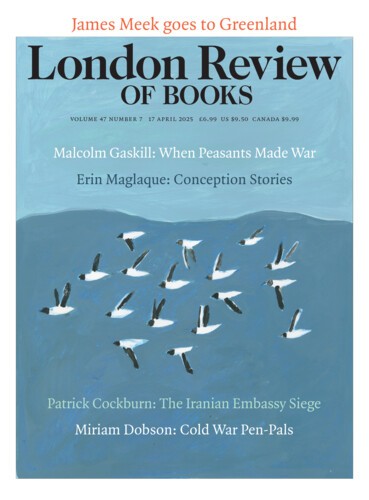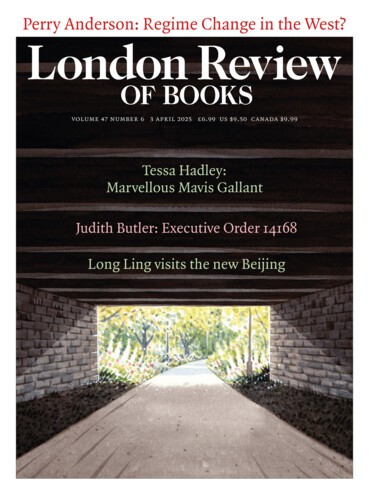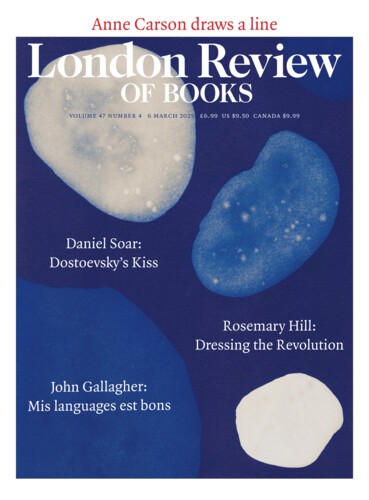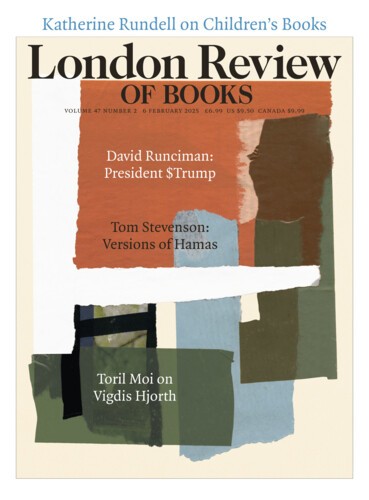Clean Machine: On Dino Buzzati
Michael Wood, 17 April 2025
Dino Buzzati’s novel The Singularity was published in Italian in 1960 but set in 1972. Just a small leap into the future, but far enough for the second date to be that of Buzzati’s death. A coincidence, of course, but one that hints at meaning or design, as coincidences often do. We could say that life, for once, was mildly imitating his fiction, visiting his world of weirdly...





